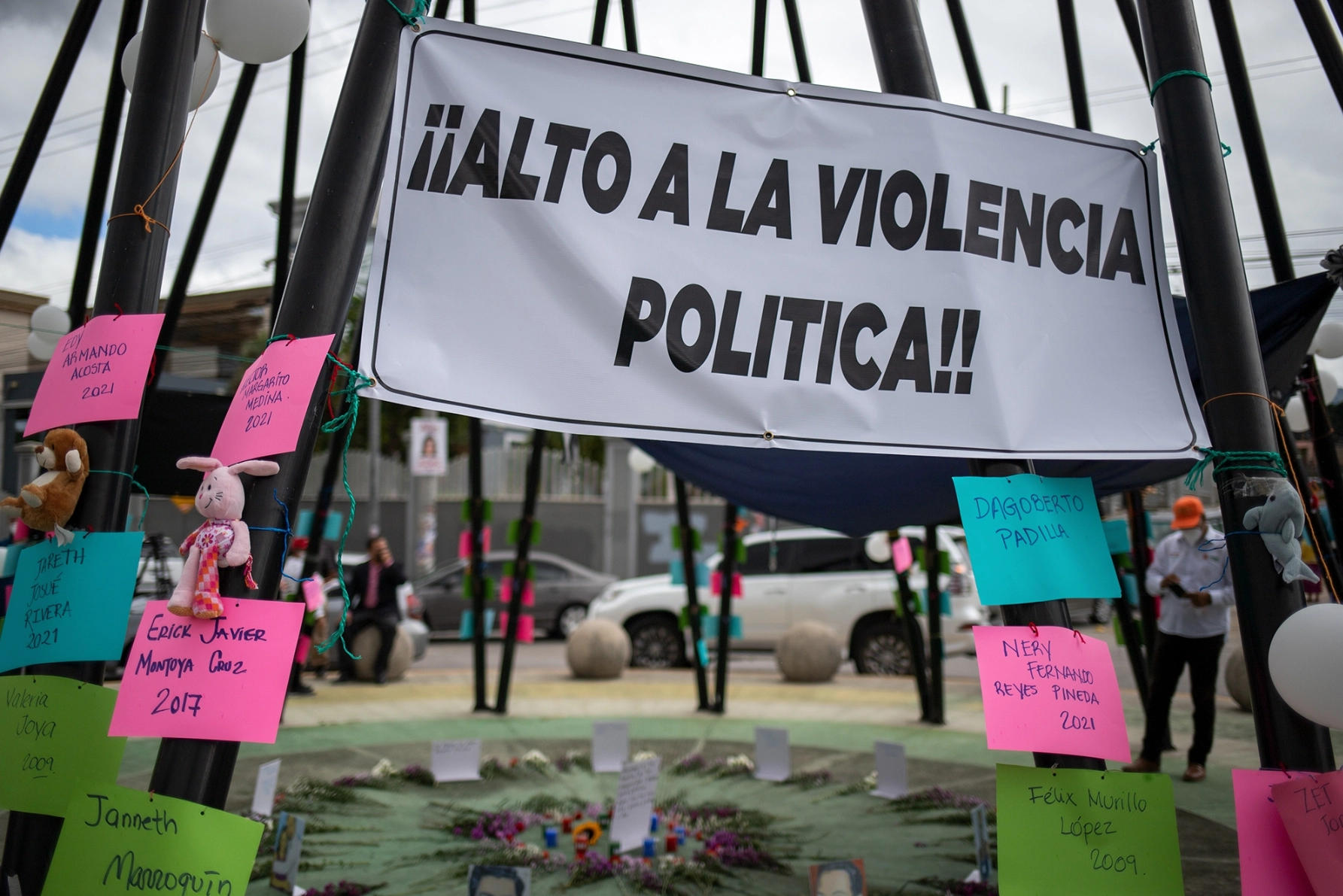Since the emergence of liberal democracy and its adoption as a form of government, it has suffered different threats. In recent decades, not only have authoritarianism and populism threatened pluralism in different nations but there is also another threat that is gaining relevance: organized crime and violence. Examples of this are the recent assassination of the Ecuadorian presidential candidate Fernando Villavicencio, the deaths of candidates and operators during the electoral process in Mexico in 2021, or the polarization that led to the confrontation and murders of militants in the Brazilian elections of 2022. These events that shake the foundations of democracy are becoming more and more notorious.
To normalize these events would not only be to promote the dehumanization of elections, but also to condemn the life of democracy. In the book Postdemocracy, by Colin Crouch, on the crisis of the political communication system and the loss of civility in electoral processes, the author states that violence is an aspect that does not belong to the democratic world. However, it is undeniable that there are de facto powers that lie in wait for it, such as organized crime, large monopolies, and interest groups.
Specifically in the Latin American context, the high rates of violence have caused democracy to begin to erode. The lack of strategies that guarantee equality, security, and the full exercise of political-electoral rights has caused discontent among the population. This has been exploited by criminal forces to influence not only economically, but also to sow a climate of fear and distrust. This is one of the symptoms that can be determined in ailing democracies, and probably the most worrisome.
For a long time now, people have put aside their weapons to resolve major conflicts through the ballot box. And while societies have not been without challenges, problems have generally been resolved through legal channels. However, in certain countries, violence, intimidation, and weapons are being chosen, which is not only an affront to plurality, but also to the already weakened Latin American states.
Electoral violence should be conceived as a subtype of political violence, which seeks to influence in favor or against any party, disturb the tranquility during the celebration of the processes, or the intention of inhibiting citizen participation. Although the objective is to truncate democratic civility, it has more significant consequences, since it weakens the legitimacy of the winners and, consequently, brings about governance problems and opens the door to questioning and speculation that damage democracy.
For many years, the region witnessed bloodshed in building states and their institutions. Political equality did not emerge from the Latin American independence processes, but the struggles against power groups, oligarchic states, and dictatorships were battles fought to achieve political freedom. This did not materialize until the end of the 20th century when Latin American nations began to democratize.
However, our democracies are daily beset by different threats, and as citizens, we have the duty to defend institutionality, participate in public affairs, and vote. Meanwhile, the state must guarantee security, since, over time, this scourge may become irreversible.
It has been four decades since Latin America witnessed the arrival of a democratic wave that refreshed political systems and covered its institutions in legitimacy. Now we must prevent our nations from being affected by a new wave that, on the contrary, weakens them to the point of eliminating them.
*Translated from Spanish by Janaína Ruviaro da Silva











